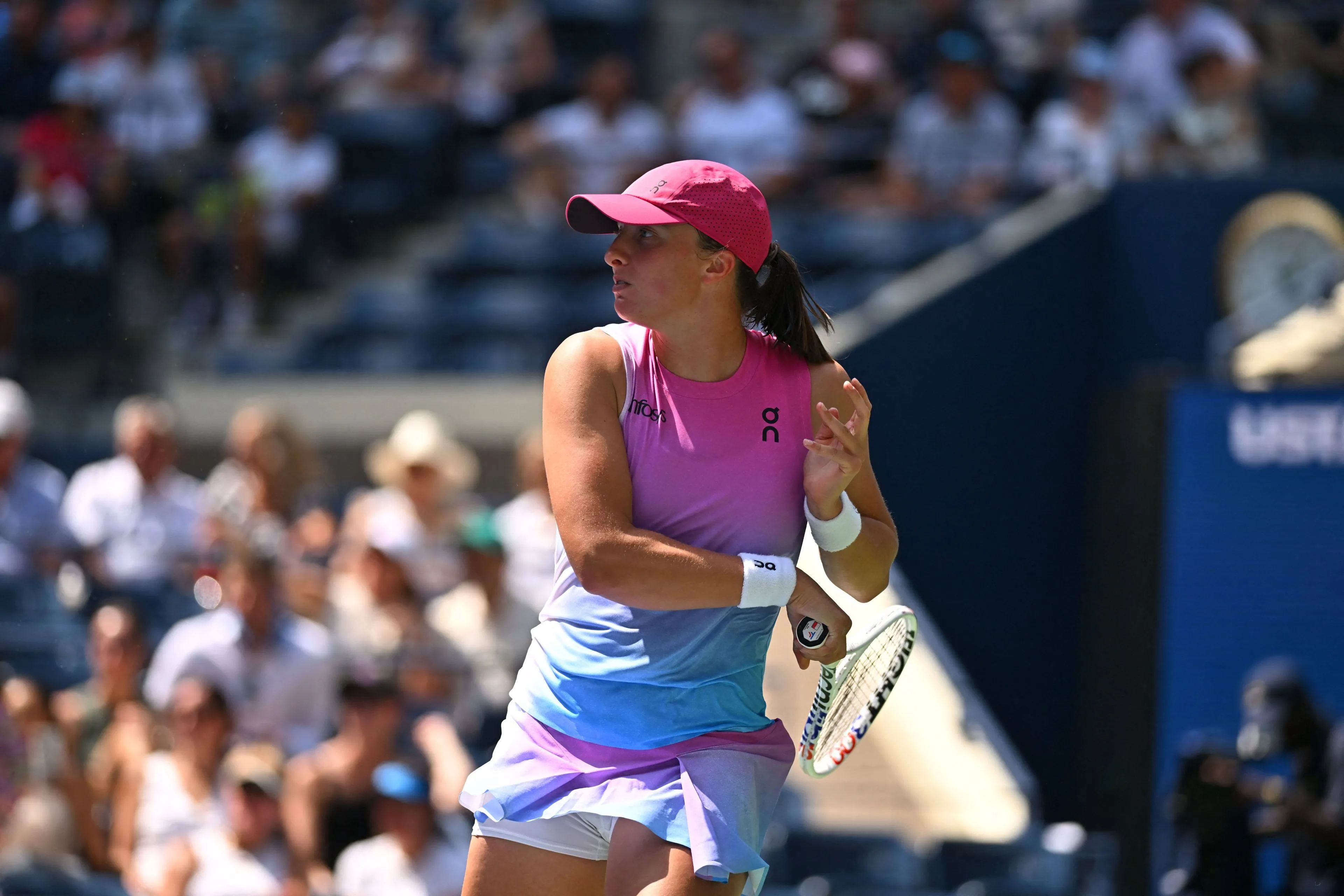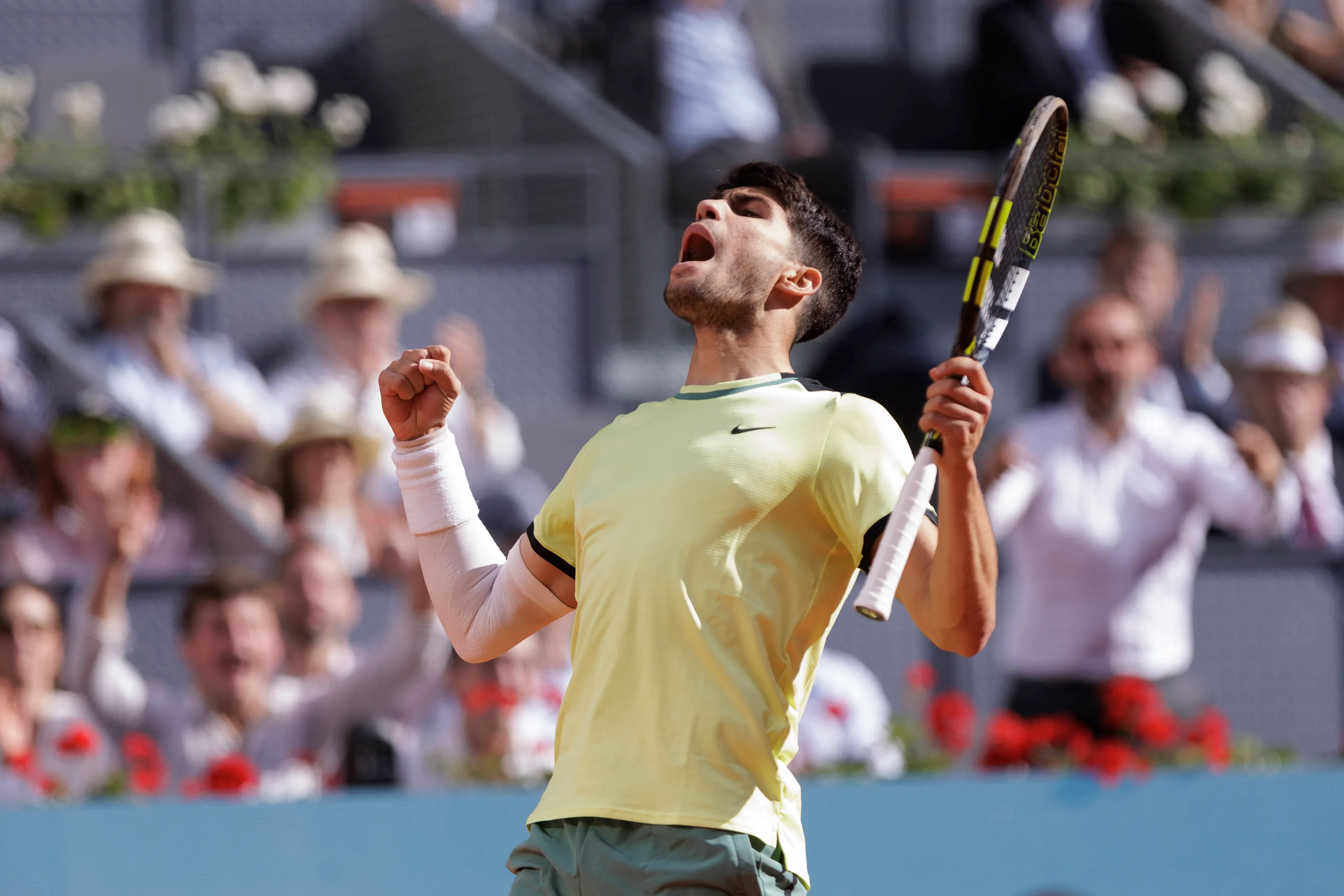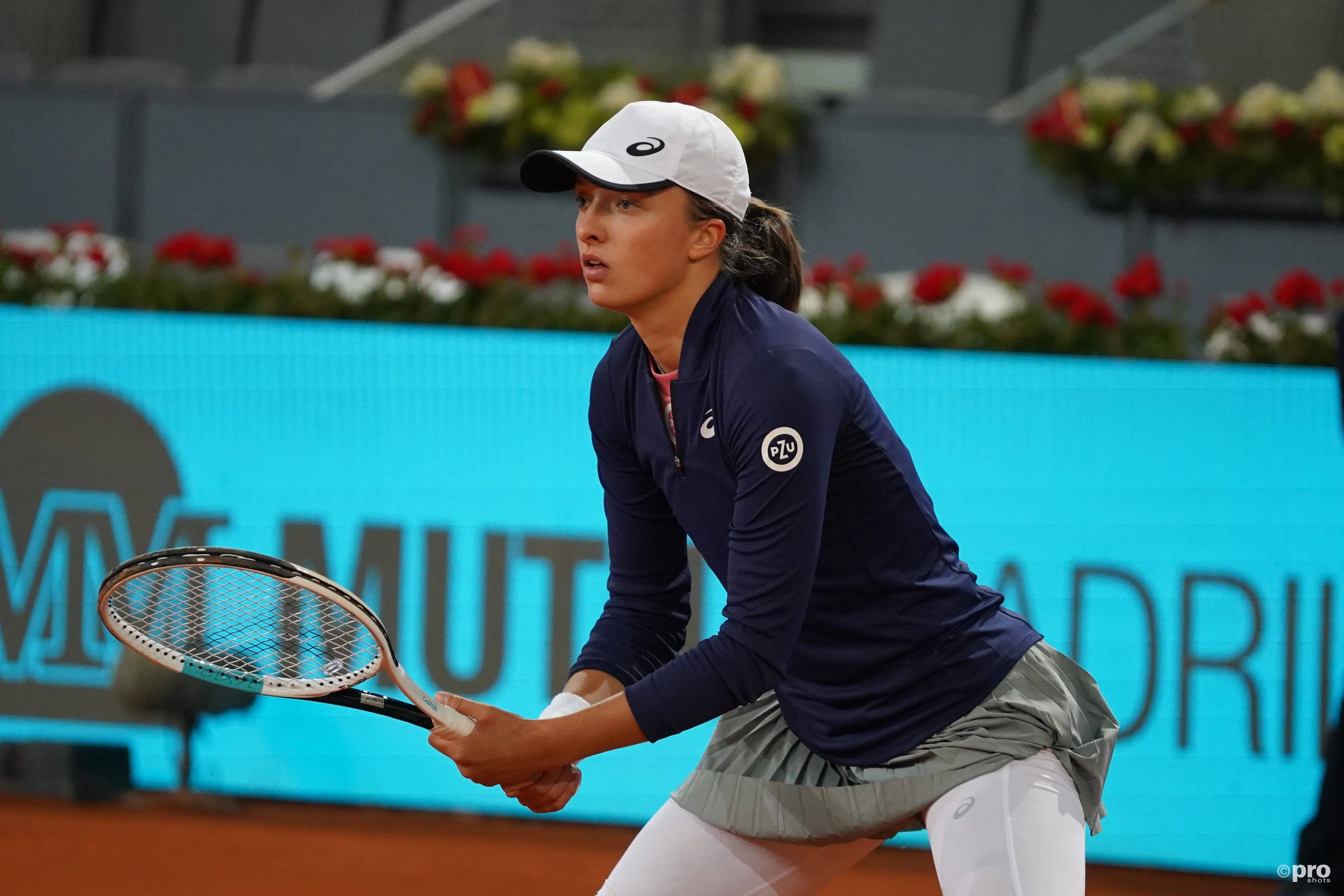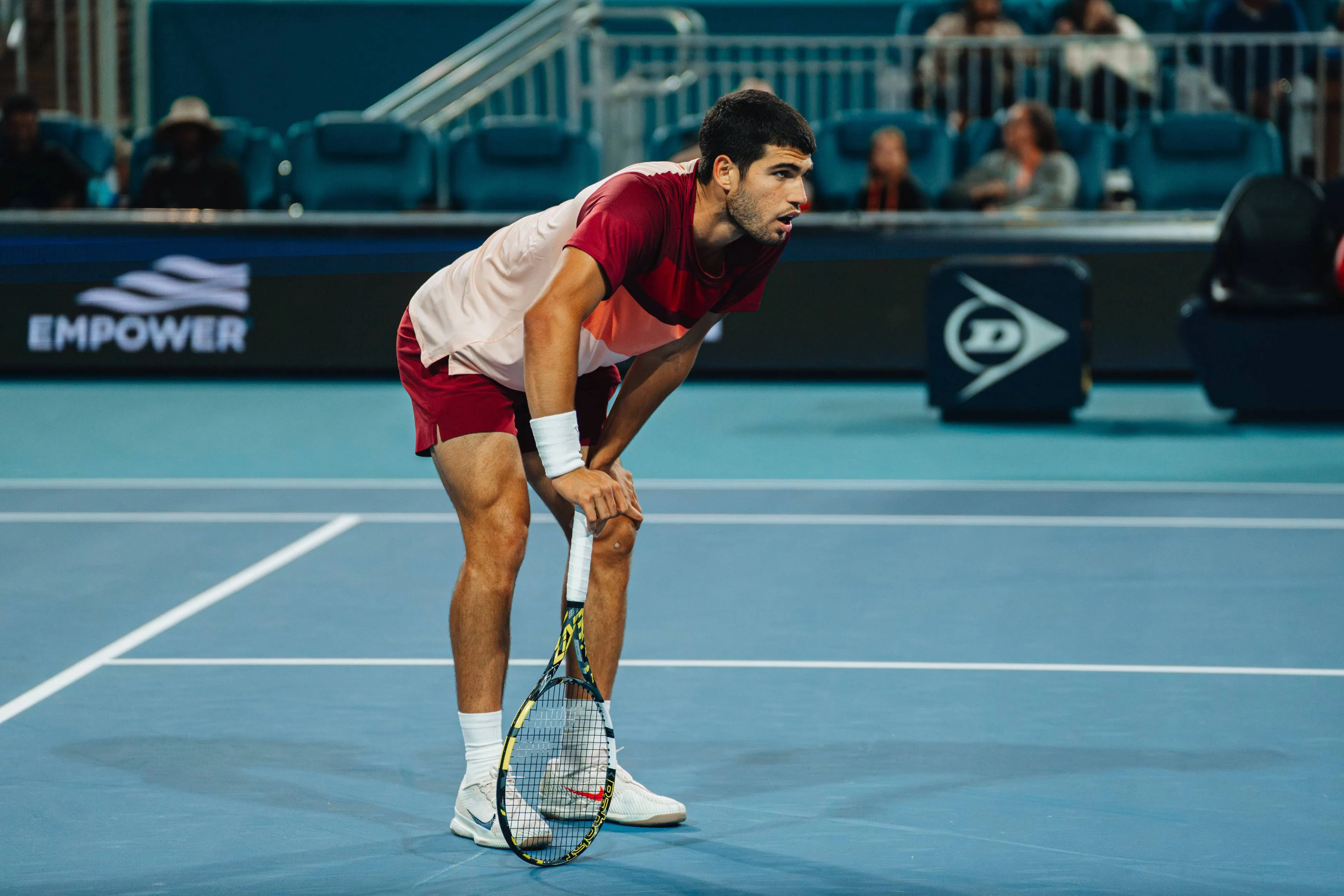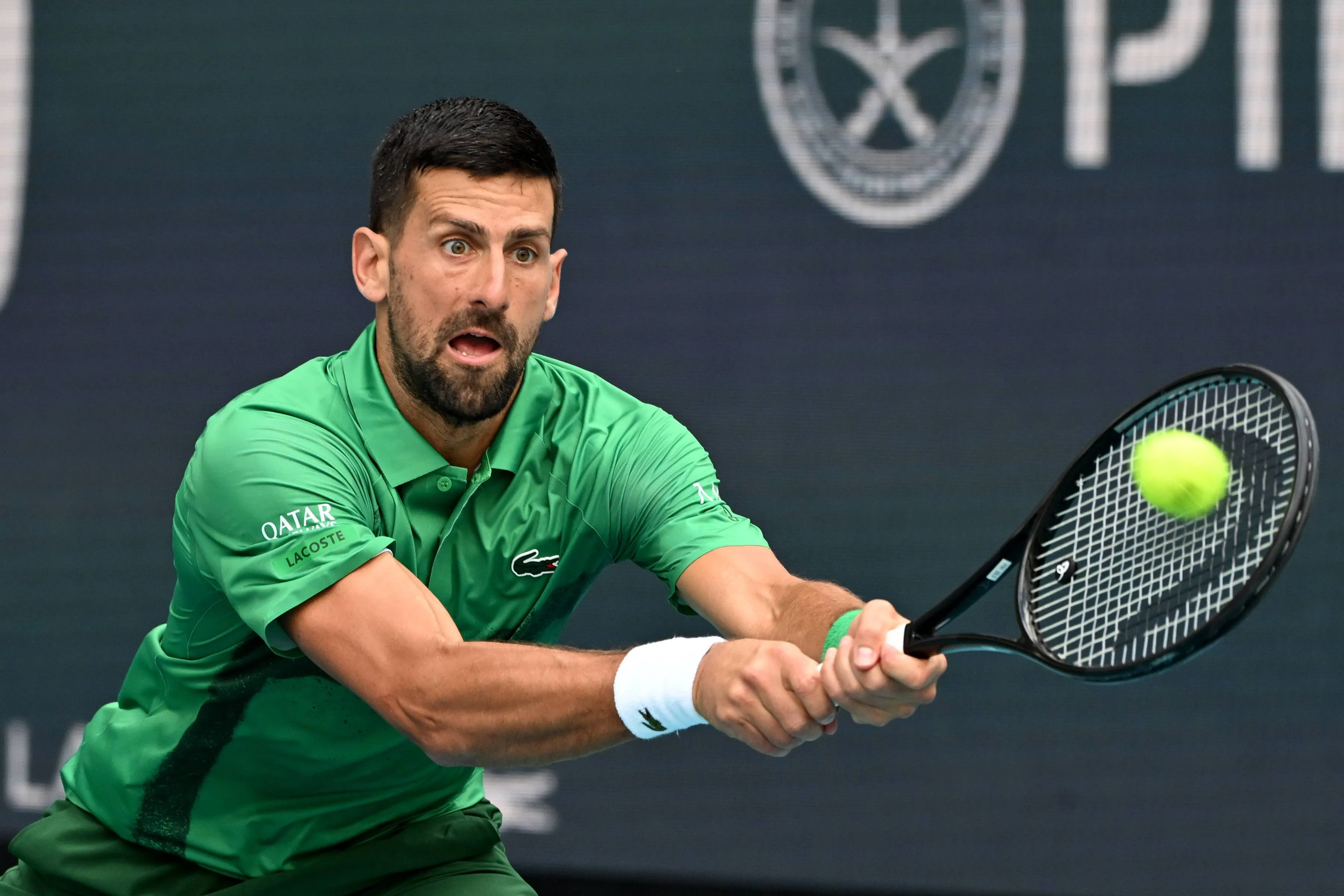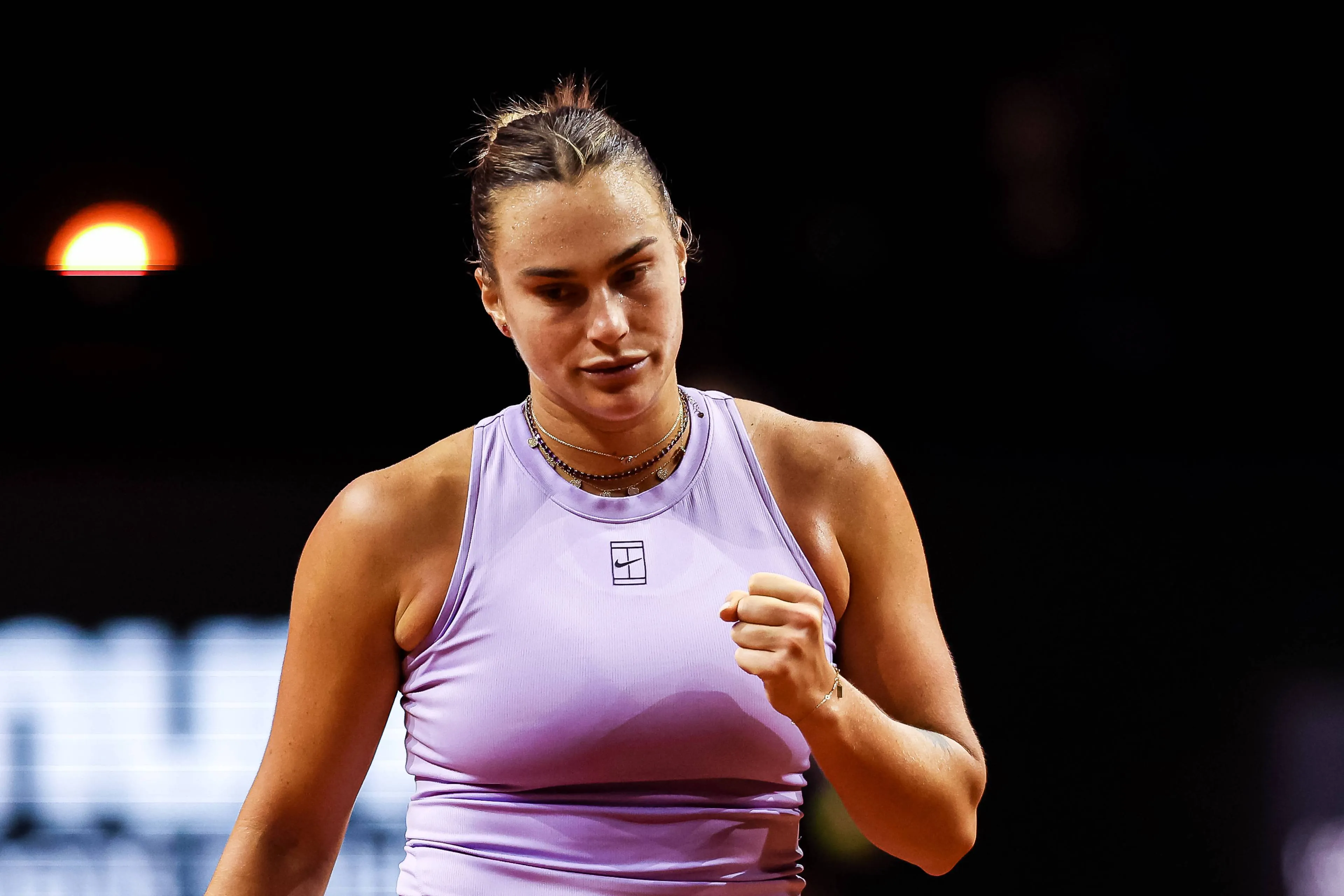"I felt support and understanding from them”: Iga Swiatek reveals private support from fellow athletes after doping controversy
WTAMonday, 09 December 2024 at 01:30
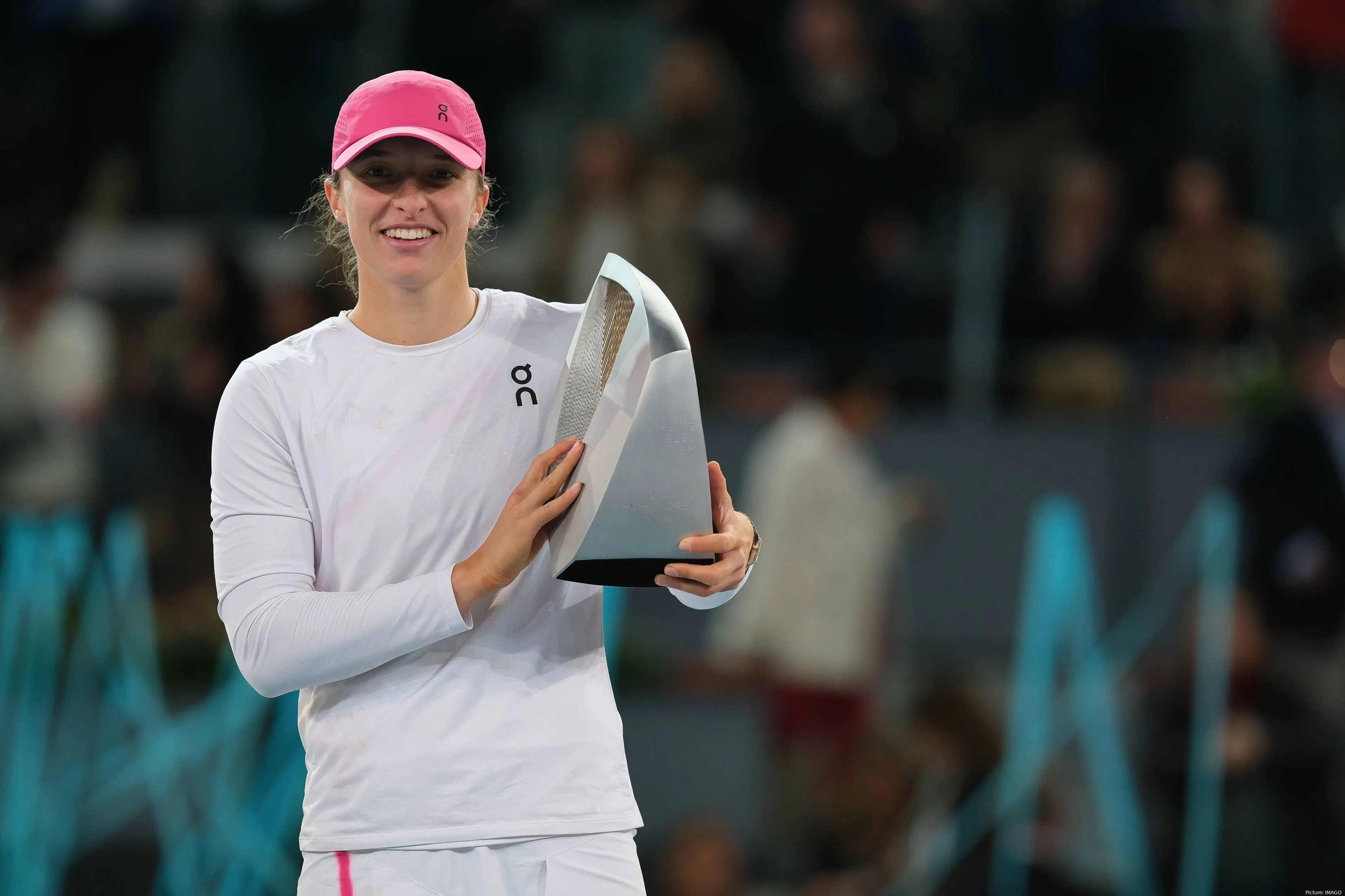
Iga Swiatek
revealed that she received support from several of her colleagues privately
after the doping controversy, although she acknowledges that not all of them
have been so understanding. The 5-time Grand Slam champion recently accepted a
one-month suspension for testing positive for Trimetazidine.
The doping
case was made public on November 28 through a video posted by the Polish player
on Instagram, in which she defended her innocence. She explained that she had
unknowingly ingested contaminated melatonin, which she was able to prove during
the investigation with the ITIA.
Swiatek shares how athletes reacted privately
Swiatek
underwent a doping test on August 12 at the Cincinnati Open, and a month later,
after participating in the US Open, she received the news that her sample had
tested positive for the banned substance, which led to a provisional
suspension. After successfully appealing on October 4, she was allowed to
return to competition until the investigation was completed, though she missed
the Asian Swing in the process.
Read also
With the
season now over, Swiatek accepted the one-month suspension after the
investigation concluded, although she had already served most of it, so the
remaining week was completed this week during the off-season. The new doping
case involving a high-profile player once again sparked criticism from some of
her colleagues, including Nick Kyrgios and Denis Shapovalov, who, like in the
case of Jannik Sinner, voiced their opinions on social media.
In a recent
interview with TVN24 GO, the world No. 2 highlighted that she received many
private messages of support from her colleagues. "I definitely received
more signs of support, especially in private messages. I talked to many female
athletes, and most of them told me that this was their biggest fear, that
something like this could happen to them. They asked what I would do now,"
she said.
Read also
"When
at the beginning no one had time to read the documentation, they asked what the
medicine was, where the melatonin came from. I felt support and understanding
from them, and I think that most athletes are aware that this could happen to
them too. But of course, there are exceptions," the 4-time French Open
champion concluded.
claps 0visitors 0
Just In
Popular News
Latest Comments
- Well, that was ... all about nothing. Every excuse and future workout plan mentioned should have been dealt with a long time ago. R.I.P., Mark Petchey.
 mandoist22-04-2025
mandoist22-04-2025 - I hope Marion Bley is the Chair Ump for the Final. It would be Karma Served for Saba after her disrespectful 'performance' in the semi.
 mandoist21-04-2025
mandoist21-04-2025 - Coco needs to stop the Williams Hero Worship and play like 'Coco'.
 mandoist19-04-2025
mandoist19-04-2025 - Didn't expect issues between these two...SakkariFan2318-04-2025
- Send her a crate of deodorant DoveSakkariFan2318-04-2025
- Good to see, hopefully Sakkari can return to the form she deserves.SakkariFan2318-04-2025
- Shame no play on Friday but some line-up incoming..SakkariFan2318-04-2025
- Zverev's reaction lacked a bit of class this time around. He handled it better in Australia.MrAndreeva18-04-2025
- Funny from Dove & a corporate rarity.MrAndreeva18-04-2025
- Well, we all surely appreciate this bit of nothing. Go feed your kids.
 mandoist17-04-2025
mandoist17-04-2025
